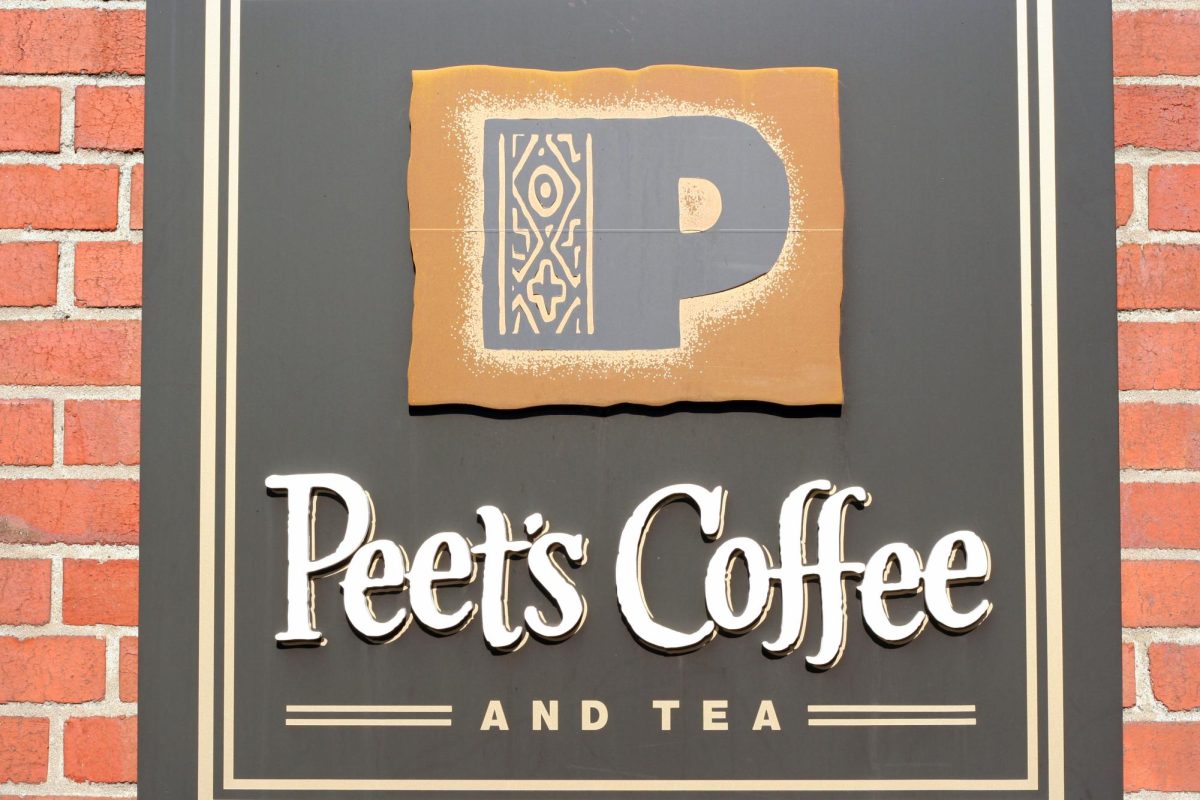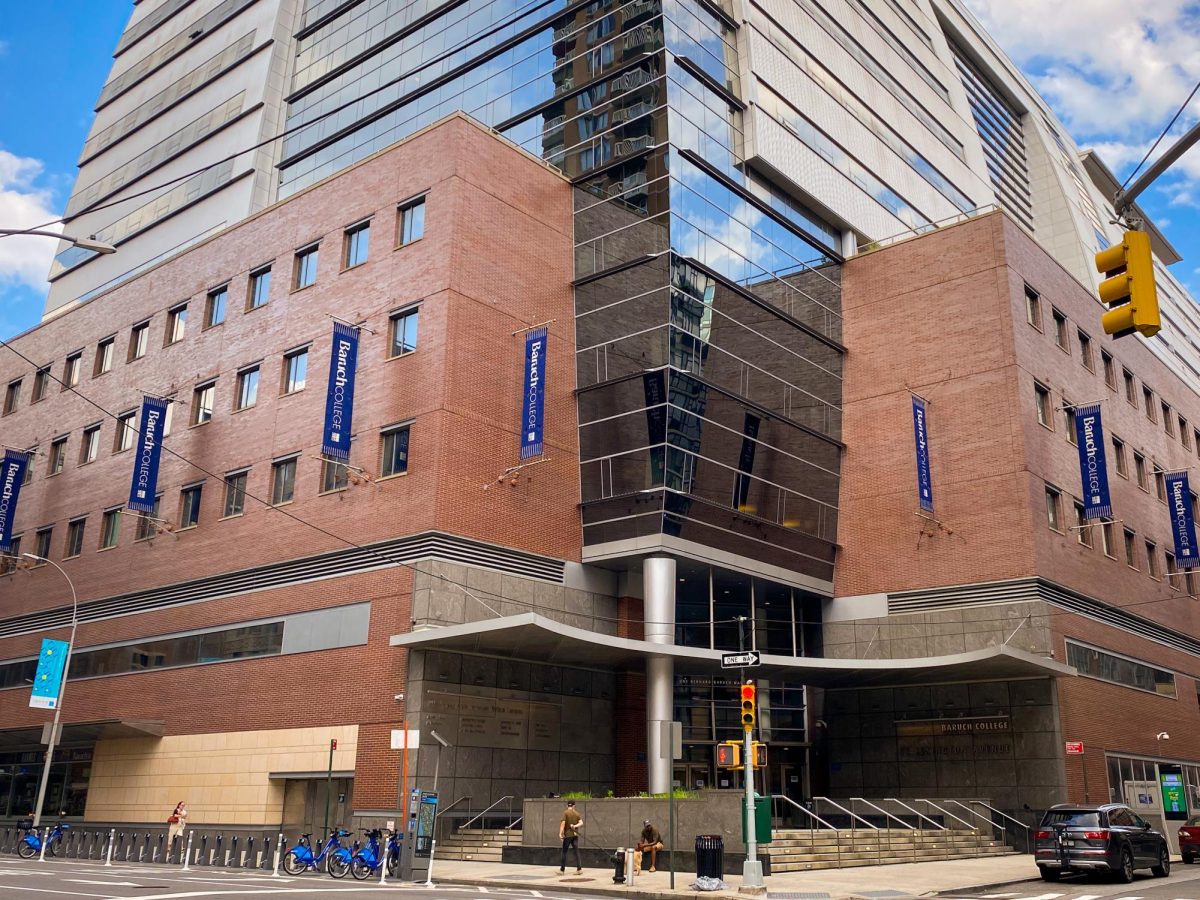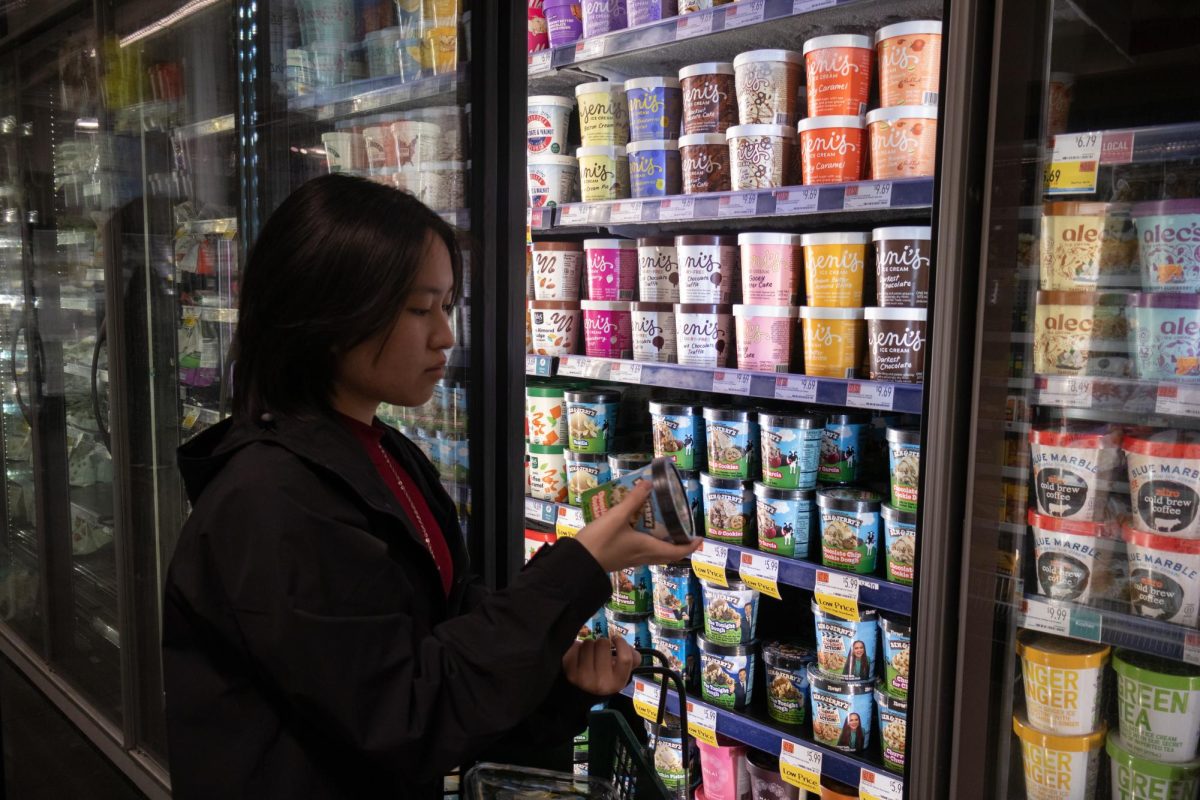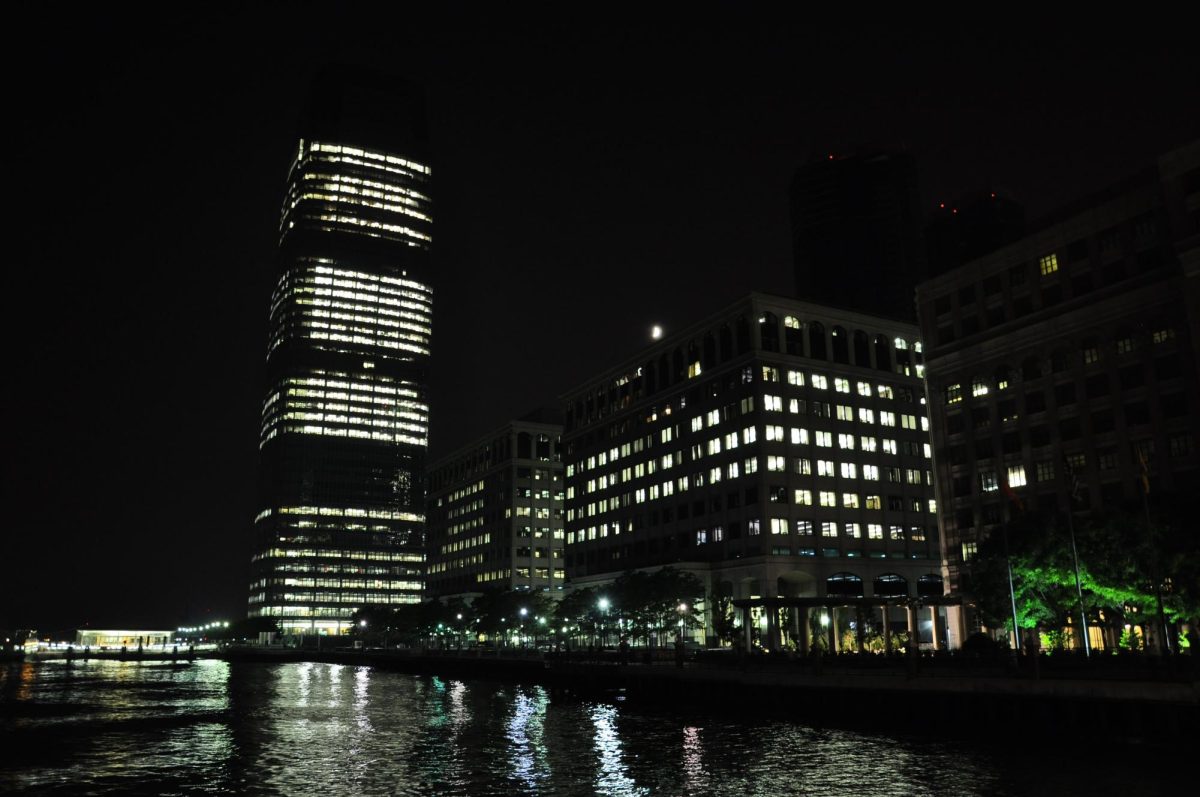Keurig Dr Pepper bought out JDE Peet’s Coffee for $18 billion in hopes of raising revenue for the U.S.’ declining coffee business, on Aug. 25. The deal is scheduled to take place within the first half of 2026 and means that the once joint Keurig and Dr Pepper will split into two separate companies.
Keurig bought Dr Pepper in 2018 for $18.7 million. The separation would hopefully allow the two types of drinks to flourish in their distinct markets.
Following the split of Keurig and Dr. Pepper, CEO Timothy “Tim” Cofer will lead beverages while CFO Sudhanshu Priyadarshi will lead the coffee business. After the deal, the coffee company will be referred to as “Global Company Co.” and will have a combined annual net sales of $16 billion, putting the company in a very strong position within its market.
The beverage company will be referred to as “Beverage Co.” and will have annual net sales of $11 billion.
Over the years, the beverage side of the company has remained relatively successful despite consumers’ desire for healthier beverages, forcing them to compete with newer companies such as Poppi and Olipop.
Keurig Dr Pepper addresses consumer desire in its State of Beverages 2025 Report, which found 59% of people are interested in added protein in their beverages. Additionally, more people wanted to try probiotics, fiber and prebiotics in their sodas.
Following the announcement of the deal, Keurig Dr Pepper’s stock initially dropped and has not gone up since, while JDE Peet’s has increased by about 17%.
Part of the initial deal included Keurig Dr Pepper paying a 33% premium to JDE Peet’s stockholders.
“Today’s announcement marks a transformational moment in the beverage industry, as we build on KDP’s disruptive legacy by creating two winning companies, including a new global coffee champion,” Cofer said in a statement.
But following President Donald Trump’s 50% tariff on coffee coming out of Brazil and the overall weather conditions that are impacting high coffee exporting countries like Brazil and Vietnam, concerns over pricing may affect this deal’s outcome.
The Bureau of Labor Statistics has already shown a 33% price increase in the average cup of coffee from July 2024 to July 2025.
With the rise in prices, this begs the question of how U.S. consumers will continue their morning coffee ritual.








